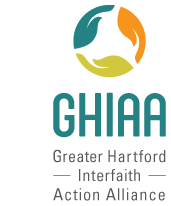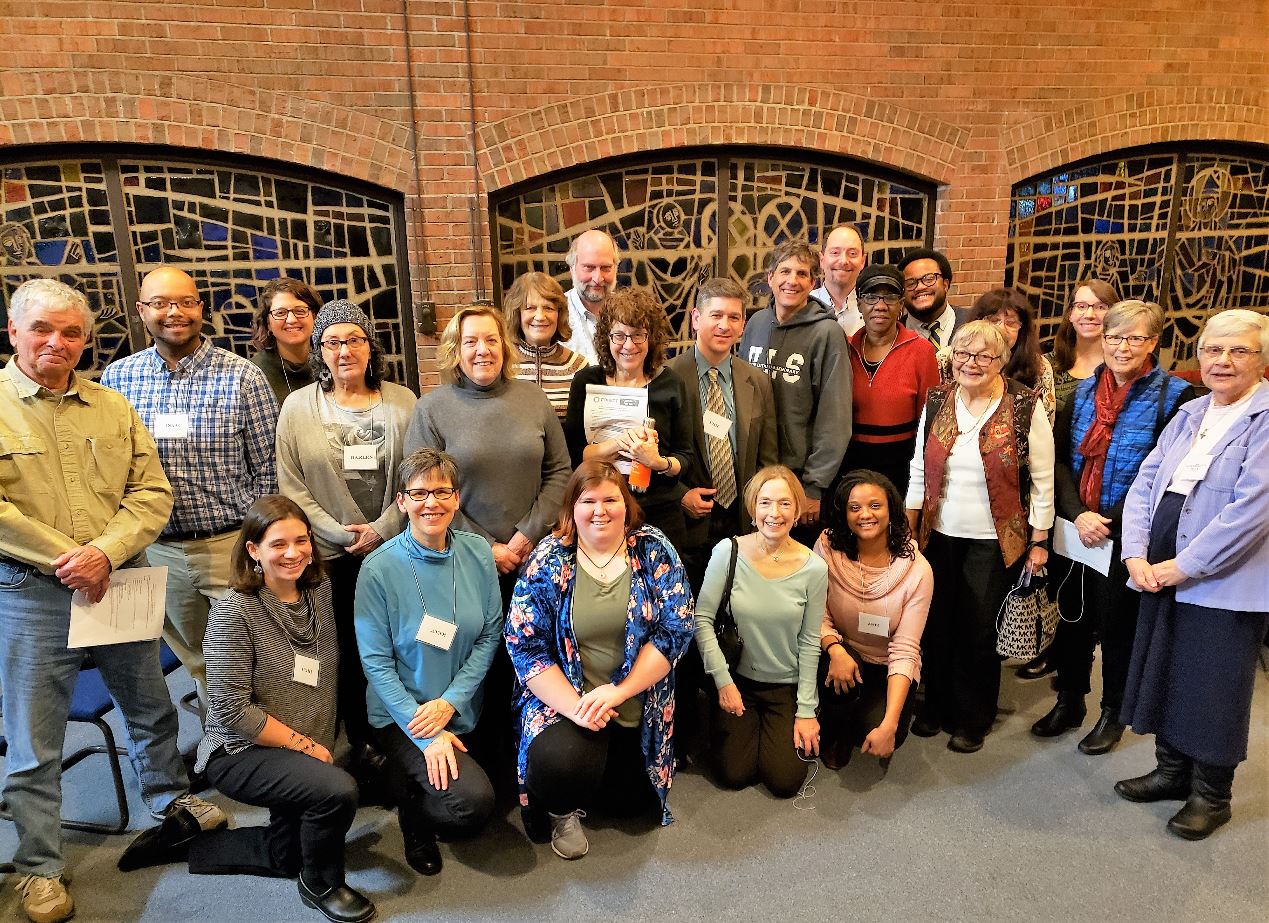Why do we need an automatic expungement process? Currently, eligible returning citizens have to go through a lengthy, confusing, and opaque application process through the Board of Pardons and Parole. Most people require legal assistance, which can be expensive during the lengthy application process. These factors dramatically suppress participation. Clean Slate would eliminate these barriers to integration for many. Nearly 9 in 10 employers, 4 in 5 landlords, and 3 in 5 colleges now using background checks, denying formerly incarcerated people the opportunity to support themselves and their families.
What about convicted rapists and murderers? Clean Slate would expunge most misdemeanors and low-level felonies, which excludes rapists and murderers. No sex offenses will be expunged. Additionally, of the 96,000 Connecticut arrests in 2018, only 3.5% were for violent crimes. People convicted of higher-level felonies would still be eligible to apply for expungement through the already existing process with the Board of Pardons and Parole.
Has this ever been done before? Yes! At the State level, Pennsylvania, Utah, and California have all passed Clean Slate legislation with wide bi-partisan support.
Does this work? A 2019 Michigan study found that citizens who had their records expunged saw a 25% increase in salary after just two years! Those salaries, earned on the legal marketplace, mean that they can secure basic goods, support their families, and contribute tax dollars to society. A study of the U.S. military found that individuals with felony records were promoted more rapidly and to higher ranks than others and were no more likely to be discharged for negative reasons than individuals without records.
How do I benefit? A society in which people’s basic needs are met is a safer society. Clean Slate would help formerly incarcerated people support themselves and their families, and have access to legal ways of earning money. We all benefit from a healthy economy. If not for mass incarceration and the collateral consequences of a criminal record, the U.S. poverty rate could have dropped a full 20% between 1980 and 2004. In 2014, the employment penalty for felony conviction cost the U.S. economy 1.9 million workers.


